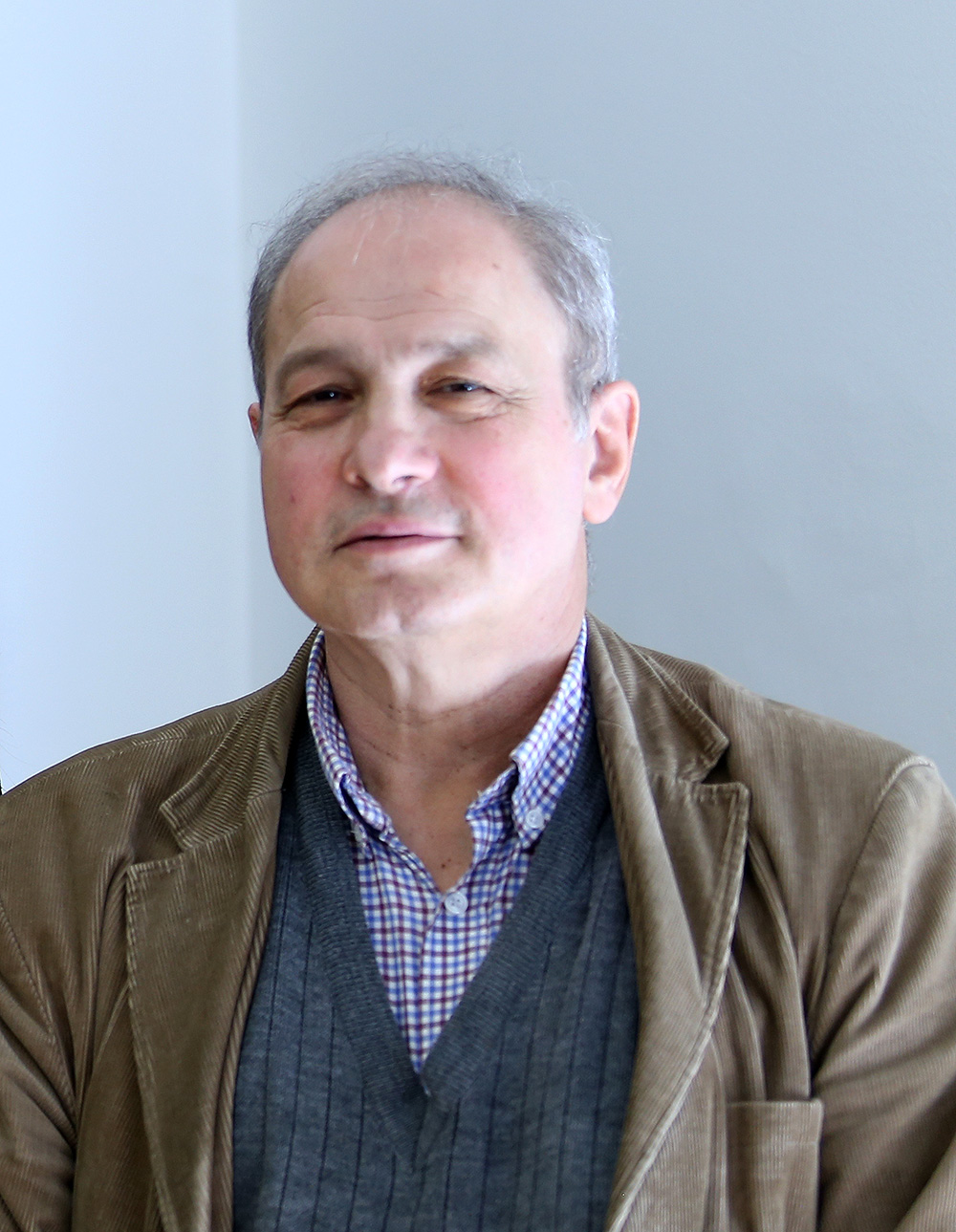The Theory of Relativity and Cosmological Models Seminar
Chairperson: Dr Žarko Mijajlović

Dr Žarko Mijajlović
Courses in relativity theory and cosmological models for mathematicians and astronomers pursuing either their undergraduate or master's and doctoral studies, were introduced at the Faculty of Mathematics 15 years ago.
This evoked much more curiosity about this field among younger Belgrade mathematicians. For example, about a dozen fourth year students of theoretical mathematics have chosen this course every year, and several master's theses were defended. This kindled certain enthusiasm for this field among the older generation of mathematicians, astronomers and mechanicians (researchers in the field of theoretical mechanics).
Moreover, several scientific papers in this area have been published. That is how the idea of establishing a seminar emerged, first, as an informal one, and then as an official seminar of the Mathematical Institute. The seminar of the Mathematical Institute under this name was founded in 2017, and the chairperson of the Seminar has been Professor Žarko Mijajlović since then.
Of course, this seminar is not the only place in our academic community where topics from the general theory of relativity and cosmology are discussed. Within the existing seminars of geometry, mechanics and even astronomy, lectures from this field are occasionally presented and master’s and doctoral dissertations are written.
However, the members of the proposed seminar are primarily interested in the connection between the general theory of relativity and its, probably, most important application – cosmology. Elsewhere, for example at geometry seminars, purely mathematical (geometric) aspects of relativity are mostly studied, without going too far, for instance, into astrophysical interpretations and applications, while the situation at seminars organised by non-mathematicians is reverse.
Hence, it is understandable that there was a certain professional diversity in the audience attending the meetings of the originally informal seminar, which continued with the newly established one. During one semester, seven to eight meetings are held and there are from 5 to 15 attendees. The lectures provide a general overview of the topics, but there are also presentations of scientific reports, either new or already the published ones. The postgraduates present their master's or doctoral theses.
The following types of presentations and works related to the theory of relativity and cosmology are proposed for the Seminar: original scientific presentations, review lectures and organisation of short courses (3-4 lectures in continuity) on certain topics.


